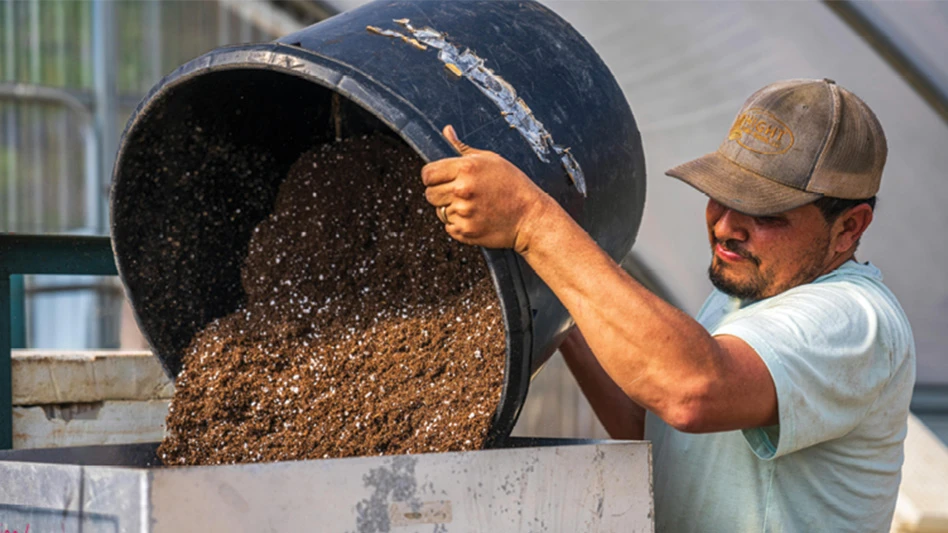
Research conducted on Millennials, which most define as people born after 1980, have drawn several conclusions about the now largest generation. While many are censured for their smartphone dependency and obsession with relationships on social media, it turns out that their need to stay connected applies IRL (in real life) in their communities, too.
Studies from The White House to The Associated Press to research consulting agencies like Achieve have all found that Millennials consider volunteering, donating to charity and being involved in their communities important. They also want their jobs to have meaning and purpose. The AP survey discovered that 52 percent of Millennials had volunteered at least four hours in the previous month, and 46 percent donated more than $1,000 in the past year. The 2014 Millennial Impact Report by Achieve found that 87 percent donated to a charity that year.
When we surveyed students from colleges, universities and other institutes of higher education in February for our cover story starting on page 12, we weren’t sure what we would discover. We hoped to find out what drives young people to pursue horticulture, what their expectations are for a career in the industry and how their post-high school programs are preparing them for the future. Although their responses varied in terms of what inspired them to work in the field, there were a few recurring themes, and one was the students’ desire to make an impact.
Students are increasingly interested in food production and how they can make it more efficient and sustainable, and professors noted their interest in hands-on work.
“My long-term career goal is to combine my passions for growing vegetable food crops, developing sustainable agriculture methods and getting food to the people who need it most,” says Nathan Detwiler, a 24-year-old student at The Ohio State University.
Holly L. Scoggins, horticulture professor at Virginia Tech, says she’s noticed that her students have more philanthropic goals. “They are interested in grassroots endeavors. They are active in the community,” Scoggins says. “They care about making a difference on campus and the world.”
So what does this mean for independent garden centers hoping to attract new customers and qualified, talented staff? Explicitly explain how plants improve the environment, neighborhoods and overall health and wellness with everything from marketing campaigns to signs. Explain how gardening can strengthen relationships in your family and in your community. Offer staff volunteer days, where employees have the opportunity to restore their communities with plants or make some sort of tangible, meaningful impact on the lives of others. Promote your edibles department front-and-center.
Millennials’ desire for their employers to give back is matched by their own passion and efforts. Give back, and you’ll get the best.

Explore the May 2016 Issue
Check out more from this issue and find your next story to read.
Latest from Garden Center
- Meet the All-America Selections AAS winners for 2025
- AmericanHort urges exclusion of sphagnum peat moss from proposed Canadian tariff
- VIDEO: Garden Center's 2024 State of the Industry Report
- The Growth Industry Episode 2: Emily Showalter on how Willoway Nurseries transformed its business
- Farwest Show calls for 2025 New Varieties Showcase entries
- Oregon Nurseries Hall of Fame member Jack Bigej passes away
- Maintenance tips for a stress-free spring
- Everde Growers files for Chapter 11 bankruptcy





